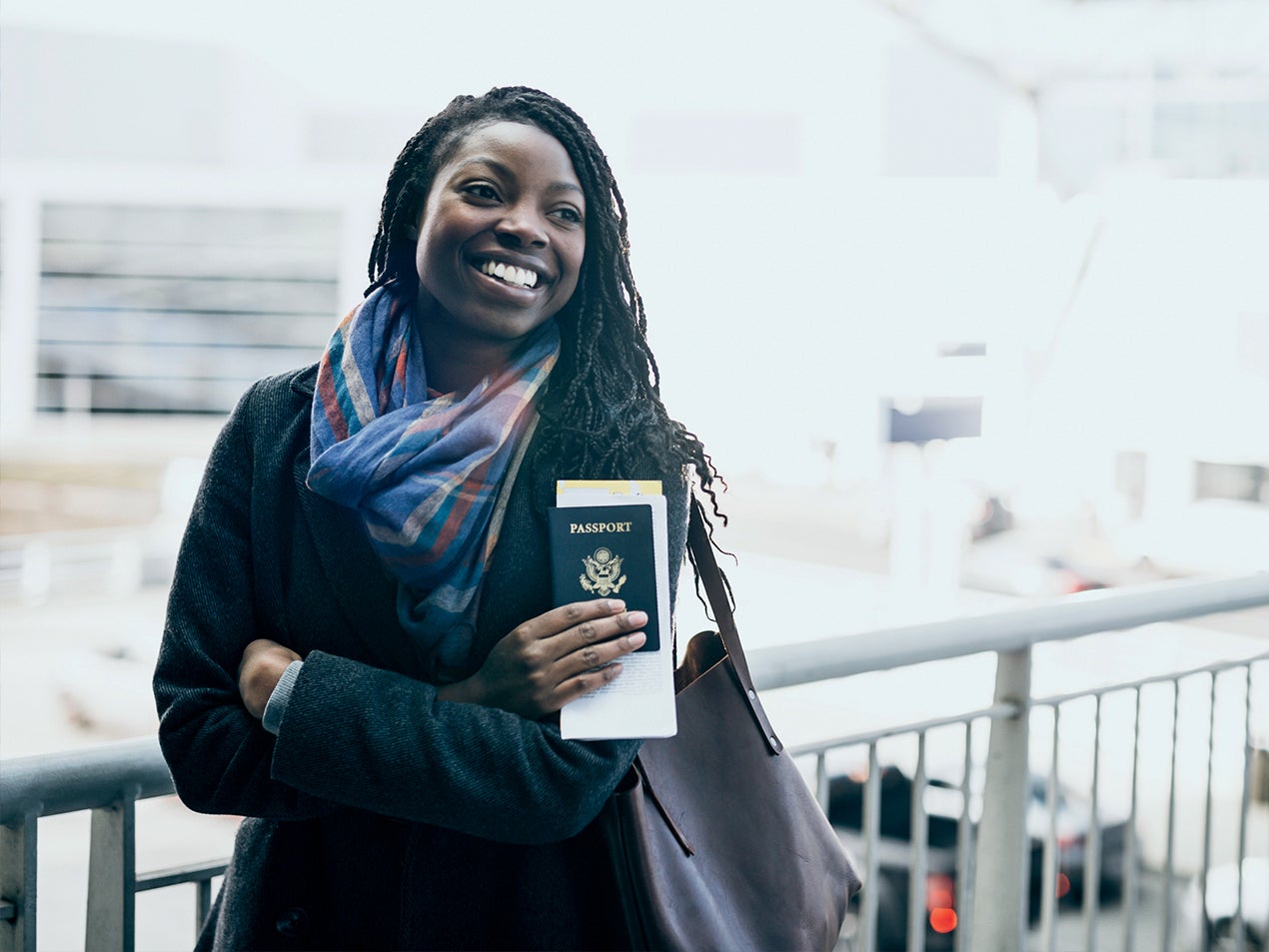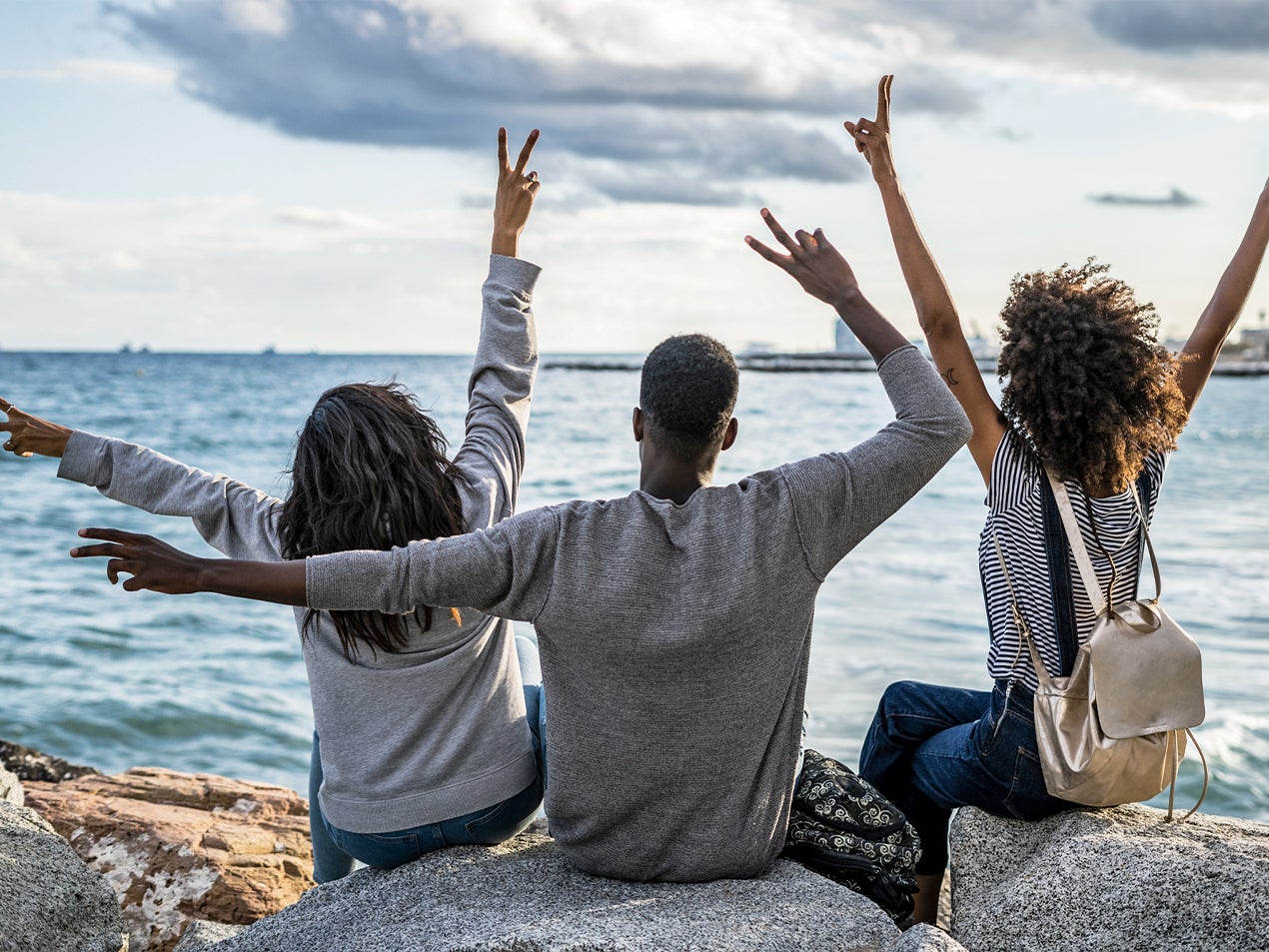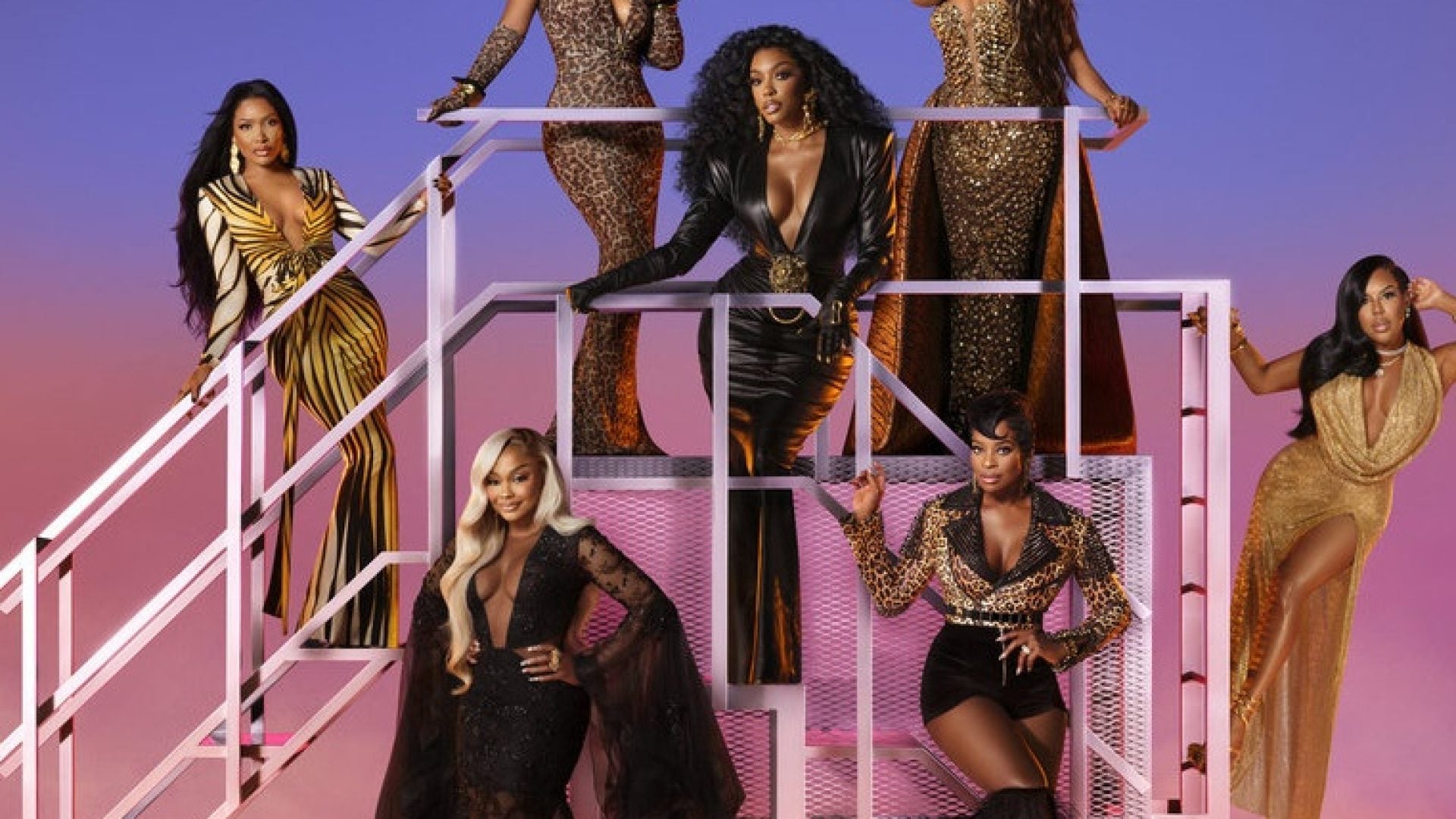
It may come as no surprise that the United States, a nation of great wealth, privilege and power no longer feels like home for a growing number of Black Americans, if it ever truly did. As Malcolm X (el-Hajj Malik el-Shabazz) put it in “The Ballot or the Bullet,” his seminal 1964 speech, “Being born here in America doesn’t make you an American. Why, if birth made you American, you wouldn’t need any legislation; you wouldn’t need any amendments to the Constitution…I don’t see any American dream; I see an American nightmare.”
During the Great Migration, more than 6 million Black folks fled the Deep South to escape racialized terror and, later, their enforced subjugation by Jim Crow laws. Families moved north to cities like Chicago, Philadelphia, New York and west to Los Angeles, shifting the cultural and demographic landscape of the United States.
The nation’s White and wealthy Founding Fathers encoded the dehumanization and oppression of Black people into the U.S. Constitution as a means of preserving their power and privilege. Despite later amendments granting Blacks and other people of color civil rights, prejudice, violence and discrimination persisted— American pastimes as likely to be expressed under the Stars and Stripes as under the Confederate flag.

Violence against Black Americans was too seldom penalized under the criminal justice system, as evidenced by the proliferation of police brutality cases in which officers escaped accountability, a situation that continues today. Many in the Black community discovered that merely leaving the South did not protect them and their children from the effects of institutionalized discrimination.
More recently, social scientists have noted that we are in the middle of a reverse migration trend, with African- Americans choosing to leave the skyrocketing rents and concrete jungles of urban centers to return to the more affordable soil of their grandparents and great-grandparents. Since the election of President Donald Trump, however, it has become increasingly clear that there is no corner of the United States where it is safe to be Black.
According to the Southern Poverty Law Center, the number of hate groups operating in the U.S. rose to 1,020, a 7 percent increase from 2017, a spike that could possibly be attributed to Trump’s rhetoric. The Black Women’s Roundtable 5th Annual Power of the Sister Vote poll, conducted in partnership with ESSENCE, found that criminal justice and policing reform are the number one issues for the Black women surveyed. And in 2018, the number one issue was hate crimes/racism, up to 55 percent from 33 percent in 2017.
Taking into consideration that the United States is the largest jailer in the world, food apartheid is sickening rural and low-income Black communities and gentrification is displacing many of us, it’s not unreasonable that some Black women are fed up with this nation’s inability to measure up to the myth of its founding ideals—even though those principles were not initially meant for us.
While “Blaxit”—the term used to describe the migration of Black Americans to other countries to escape U.S. racism—has been more modest than expected in the wake of the 2016 election, the number of African-Americans relocating to Accra, the capital of Ghana, is on the rise, with up to 5,000 Black American expats living there now.
With more of us searching the world for a place where we won’t be viewed as second-class citizens, the continent of Africa has been a logical landing place. “I didn’t leave the United States because of Trump,” says Claire Soares, founder of Up in the Air Life, a tour company that connects luxury travel experiences around the world.
“I left because I wanted to explore a life abroad, where I wasn’t looked at as a Black or White person, but simply as an American, which is what happens when you are abroad. I left for a lower cost of living—the ability to live the same life as I had before, but for a fraction of the cost.” Soares, who lives between Mexico and Virginia, sees Trump as a symptom of a deeper problem.
“I don’t believe Trump created this environment in the United States,” notes Soares. “It always existed, but instead of being covert, it’s now more out in the open.” Michelee Horsley, a Black American educator residing in Doha, Qatar, has no plans to ever return to the United States. By the time Trump was elected, Horsely had already been teaching in Cairo, Egypt, since the middle of 2015. Says Horsley: “I thought it would be a one- or two year stint, but after witnessing what was going on in the U.S., I had no desire to return.”

Yet even Qatar, one of the wealthiest nations in the world, is not inoculated against negative attitudes toward Black people. “Racism and anti-Black [sentiment] are definitely prevalent around the world,” Horsley says. “From what I’ve gathered through my travels, Whiteness just seems to be the standard expectation of being American [with Whites seen] as being more qualified. Here in Qatar, Whites are a small minority, but they definitely would not be considered part of the working class.”
Lifestyle and travel vlogger Charlene Abdullah, who lives in Vietnam, also left the U.S. before Trump’s inauguration, but has decided to make her stay abroad permanent. “I find joy in the lifestyle abroad compared with the lifestyle in the United States,” Abdullah says. “There are benefits like more accessible health care and the low cost of healthy produce that make life more satisfying.”
Unfortunately, not everyone is able to reap those advantages, particularly those people indigenous to the land, something of which Horsley is keenly aware. A recurring narrative among Black expats is the reality of American privilege that they are able to enjoy—if they so choose—in ways that are not available to them back in the United States, where Blackness is so often vilified and criminalized.
Horsley tries to balance the freedom she feels with the lived experiences of local women in Doha. “My blue book [U.S. passport] and American-Californian accent afford me a different level of privilege over those who are considered working class,” she admits. “Traveling abroad allowed me to really learn about and understand privilege, because as Black American women, we are pretty low on the totem pole at home.” Still, replicating the attitudes of “Americanness” is a trap that Horsley tries to avoid.
“There is certainly a ‘specialness’ to being born, raised and educated in America or Europe, or that is what many people outside of those places think,” Horsley reflects. “It comes in handy sometimes, but I try not to abuse it.” While anti-Blackness can show up most anywhere, for some Black expats it doesn’t have quite the same sting or urgency that it does in America, which makes it a lot easier for them to breathe deeply.
“I have no desire to move back stateside,” Horsley says. “I won’t say that every day and every experience has been without conflict since living abroad, but it is not worse or more bizarre than what occurs back home. Living abroad, I can call the world my home and find my happily ever after.”





